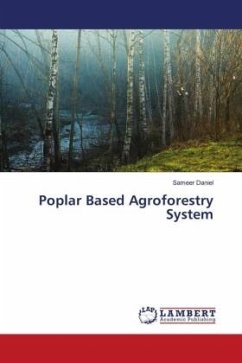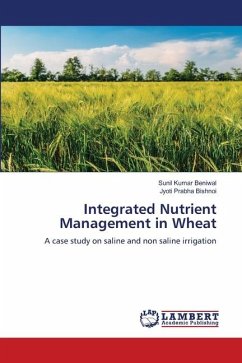A poplar-based agroforestry system refers to an agricultural practice that combines the cultivation of poplar trees with other crops or livestock in a mutually beneficial way. Poplar trees, belonging to the genus Populus, are fast-growing deciduous trees that have various uses, including timber production, environmental benefits, and soil improvement. In a poplar-based agroforestry system, poplar trees are strategically planted alongside agricultural crops or livestock to create a symbiotic relationship. Here are a few key aspects and benefits of such a system:Timber Production: Poplar trees are known for their rapid growth, which makes them a valuable source of timber. By integrating poplar trees into an agroforestry system, farmers can cultivate timber as a cash crop while maintaining agricultural productivity.Environmental Benefits: Poplar trees have a high capacity for carbon sequestration, meaning they can absorb and store significant amounts of carbon dioxide from the atmosphere. Incorporating poplars into agroforestry helps mitigate climate change by reducing greenhouse gas emissions and improving air quality.
Bitte wählen Sie Ihr Anliegen aus.
Rechnungen
Retourenschein anfordern
Bestellstatus
Storno








